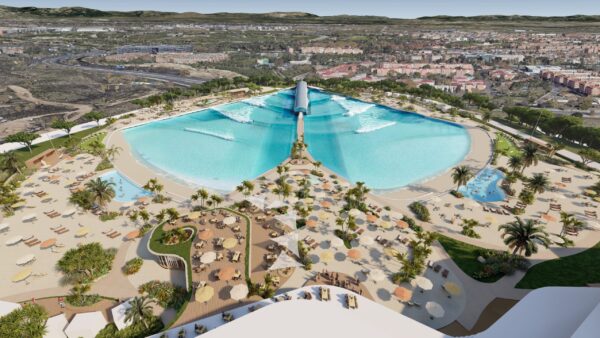
March 12, 2025 | Articles
Get Stoked: Hill International Makes Big Waves in Spain’s Surfing Scene
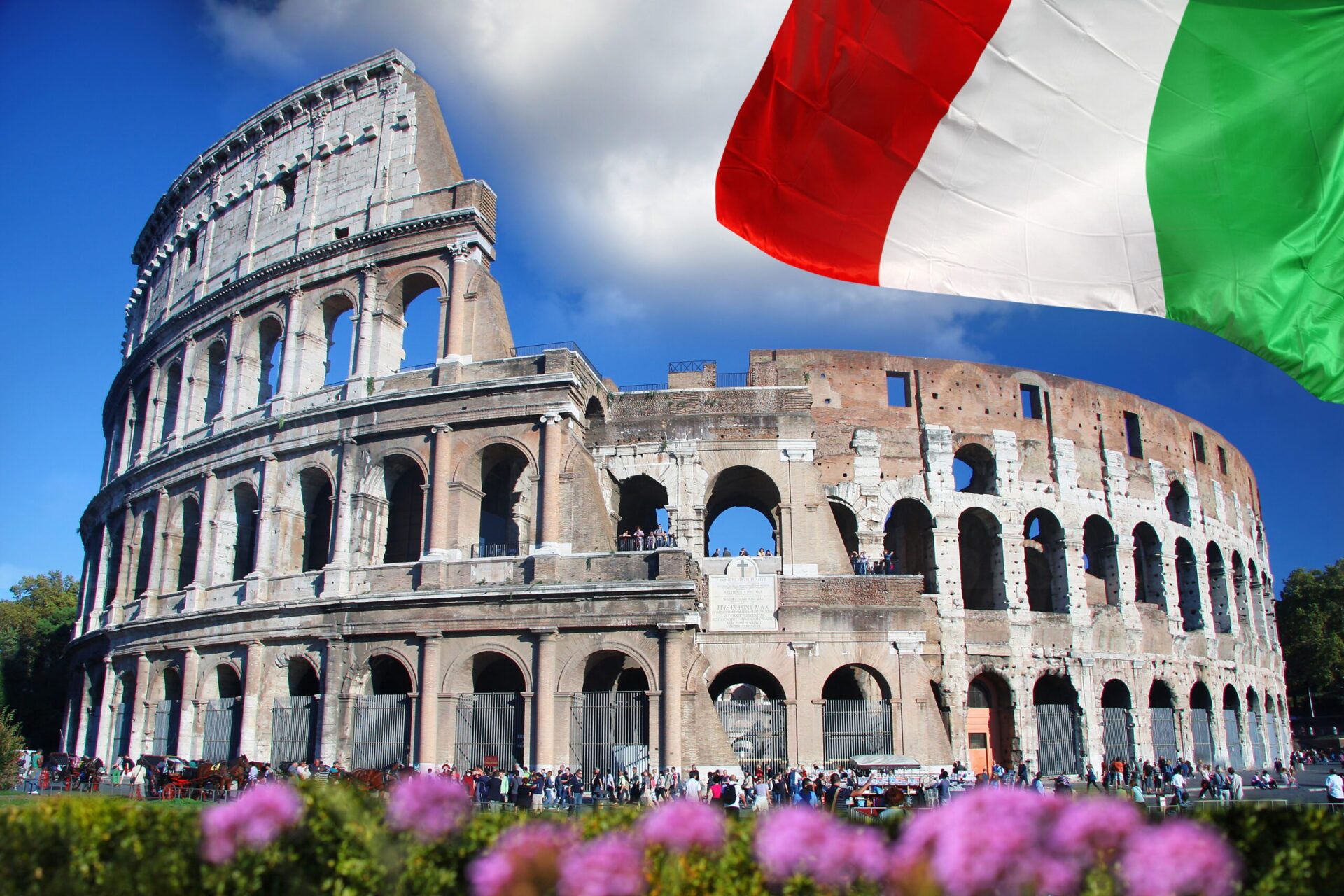
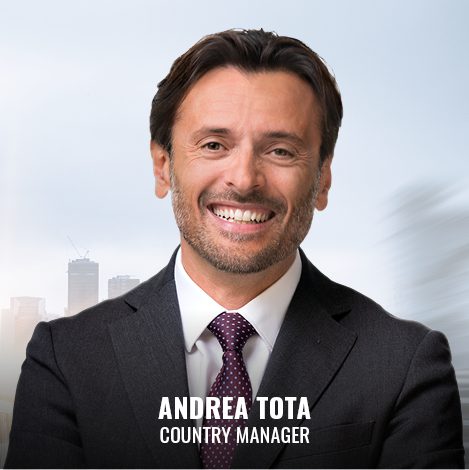
Since the first millennium, visitors from around the world have flocked to Italy to visit the religious sites of Christendom, walk as the ancient Romans did in the ruins of Pompeii, learn make some of the world’s finest wine in Tuscany, take in the latest Milanese fashions, and enjoy the Italian Alps. Italy’s hospitality industry is founded on this long history of helping visitors enjoy magnificent cities, beautiful landscapes, world-class cuisine, rich culture, and everything else the country has to offer.
Despite its maturity, Italy’s hospitality sector still has its challenges, such as complex stakeholder environments, conversions and rebranding projects, and bringing ultra-luxury hotel brands into the national market. Hill International Country Manager for Italy Andrea Tota recently joined investors, developers, operators, and other industry professionals at the 2023 Italian Hospitality Investment Conference (ITHIC) to address some of the risks and opportunities associated with the sector. During his presentation on the role of project management in hospitality, Andrea discussed ways to overcome three common challenges and deliver profitable projects in Italy.
The Right Functional Service Mix
The first and, according to Andrea, most common challenge involves a hotel property’s functional service mix. “Italy’s unique legal landscape is at the root of this challenge,” he explains. “Clients undertaking hospitality projects need to understand the local rules and regulations that govern properties and projects. These can vary significantly from city to city. This variation can certainly complicate things for first-time foreign investors—especially those without hospitality experience—but it also creates obstacles for hospitality clients with a presence in one part of Italy looking to expand into another.”
In some cases, Andrea says, investors plan to create a service mix that is not easily or completely achievable given local legislation. If not remedied early, this can threaten the project’s feasibility. For example, one client wanted an external operator to manage one of their hotel’s food spaces. Per local legislation, this would have required the respect of some regulation specific to provide food services, that can impact on the property’s layout.
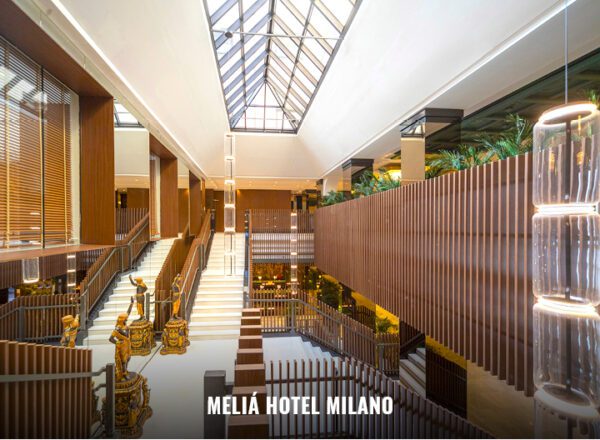
Another example involves opening a hotel’s services or spaces to external customers. This can present a gamut of legislative challenges encompassing security and, in some cases of hotel swimming pools or gymnasiums, the availability of changing rooms reserved exclusively for external guests. “Some owners like the idea of making certain hotel amenities available to external customers,” says Andrea. “It can work, but, depending on the regulations where the property is located, it can involve tradeoffs and additional costs.”
As such regulatory constraints directly impact the development of a hospitality asset and an owner’s business plan, a project team must carefully consider them during their project’s initial phases. First, owners must work with their stakeholders and project teams to establish a clear vision of their asset’s functional service mix. Then, a project management consultant should leverage business acumen and local expertise to analyze an owner’s intended functional service mix in the context of local regulations. In this way, a project management office, which defines and verifies the project meets the owner’s requirements, ensures project feasibility, and reduces the potential for changes down the line.
Don’t Forget About Operations
Another challenge entails planning for successful operations. Owners sometimes design and build hotel properties while still selecting an operator. Without input from an experienced operator at the outset of a project, a project team may not plan for realistic maintenance and operational needs. This can increase asset life-cycle costs and reduce guest satisfaction and profitability.
Ideally, a facilities specialist should review a client’s maintenance and operations plans before construction. Project managers can help an owner procure the right consultant and incorporate them into the team during project planning. This will reduce the chances of costly surprises during turnover.”
Here too, local expertise adds value. During procurement, a local project management team can leverage knowledge of the local market and existing stakeholder environment to identify the operator most suited to a particular project. In addition, by managing all project documentation, a project manager can provide continuity between a facilities consultant and the operator an owner chooses to hire.
Beneath the Surface
Most projects in Italy’s mature hospitality market involve existing properties, some of which have not fundamentally changed in more than a century. In many cases, hospitality facilities or their surrounding areas are archaeologically or culturally sensitive.
“A classic example would be an investor who buys an historical building, underestimating the potential risk for historical and artistic constraints,” says Andrea. Since cost absorption for most hospitality projects takes place in the short term, achieving target delivery times is central to meeting revenue goals, and the impacts of regulatory frameworks can slow or change the progress.
With the execution of a thorough pre-construction risk assessment, owners can prepare for the unexpected and reduce the potential for disruptions. “In addition to investigating a project site to reduce the possibility of unknown risks, we’ll also weigh known risks, and help owners develop mitigation strategies,” explains Andrea. “As risk assessments have to be carried out early, it’s important for owners to engage a project management consultant at the outset of their project.”
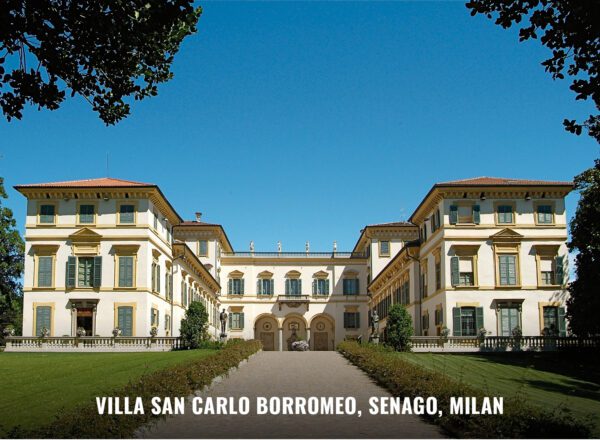
The Future of Italian Hospitality
In many ways the challenges in the Italian hospitality industry are what make it so attractive to investors, developers, operators, and their project teams. The key is to turn these challenges into opportunities. “At events like ITHIC, we’re seeing top professionals with a passion for hospitality come together to innovate,” concludes Andrea. “With so many excellent speakers and sessions, ITHIC did a great job making the latest global best practices accessible to attendees, and I had a great time engaging with and learning from my peers. I’m also proud to have shared what I’ve learned from my time in the industry.
“While there will undoubtedly be challenges ahead, I see a bright future for Italian hospitality where project management consultants can continue to play an important role, adding value and driving innovation. I look forward to working with my colleagues at Hill to help our clients plan and deliver even better projects and elevate the experiences of visitors throughout Italy.”
To learn more about how Hill helps hospitality clients around the world deliver the infrastructure of change, please visit this link.
To speak with Andrea Tota about your own hospitality project’s needs, please reach out to [email protected].
Share

March 12, 2025 | Articles
Get Stoked: Hill International Makes Big Waves in Spain’s Surfing Scene
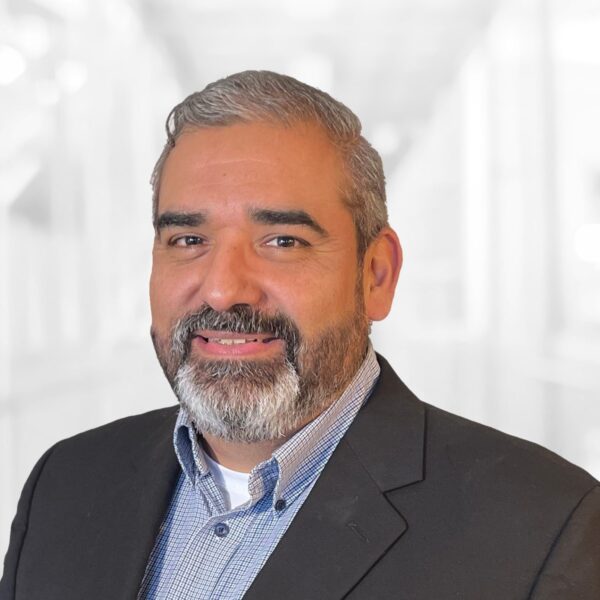
March 9, 2025 | Articles
Project Manager TJ Pinales: Helping Along the Road in San Antonio

March 4, 2025 | Articles
Balancing the Equation: An Interview with Project Manager Tracy Wiyrick

March 1, 2025 | Articles
A Lifelong Project: Calypso Kyriakopoulou’s Multifaceted Career in Construction

February 10, 2025 | Articles
Dual Delivery: A Viable Strategy for Complex Transit Projects

January 23, 2025 | Articles
Plotting a Roadmap to Success on the Torres de Colón Renovation
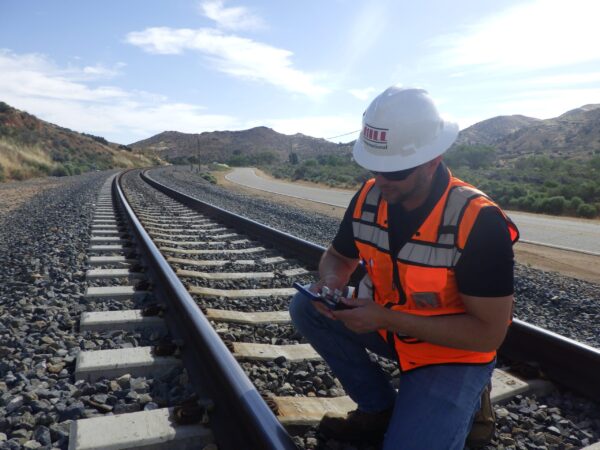
December 12, 2024 | Articles
Progressive Design-Build for Rail and Transit Projects: Room to Run

December 9, 2024 | Articles
Unlocking Growth: Maximizing the Benefits of the SBA’s Mentor-Protégé Program

December 8, 2024 | Articles
Mediterranean Luxury a Century in the Making: Four Seasons Resort Mallorca at Formentor